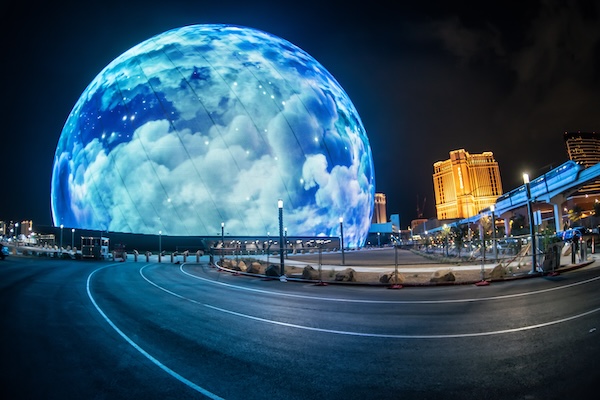On Halloween 2001, just after midnight, I was in the Bronx. For anyone living in New York back then, being in the Bronx anytime, much less after the clock strikes 12, is dubious. But I was among 55,000 other souls, at Yankee Stadium, watching the home team play host to the Arizona Diamondbacks in Game 4 of the World Series. As October gave way to November, Yankee shortstop Derek Jeter strode to the plate with no one on base and two outs. With the count 3-2, he punched the next pitch off Byung-hyun Kim into the right-field bleachers, tying the series at two games apiece. The once hushed crowd segued into delirium as Jeter rounded the bases, right arm stretched high above his head, as “Whoomp! (There It Is)” blared over the PA system. Me, my friends and the rest of the throng yawped in unison as the venerable ballpark, not wanting to be left out of the mania, shook in agreement.
For the record, I am not a Yankees fan (they went on to lose in seven games), but what I was part of on that late-night-into- early-morning was an experience, in its most authentic, genuine version. The real McCoy.
Checking into a highway-adjacent midscale hotel is not an experience and that’s ok; it doesn’t—or shouldn’t—need to be. One problem with the hotel industry is its propensity to try and create or label everything it does an experience. At the ALIS conference in Los Angeles, one hotel company CEO said this on stage: “Today’s guest wants an experience based on a story that hotel tells.” Never mind that he was the CEO of a midscale brand, not Disney World. Another CEO of an economy brand said: “We will continue to capitalize on people wanting to spend money on experiences and not things.”

Let’s be honest: We have all had hotel experiences that we wished we didn’t have. In many cases, it’s the product that lets the customer down, which can potentially be saved through a service recovery.
It’s here that I am going to declare something perverse: the hotel industry is as much a part of the service economy as it is the product economy. I can hear every CMO’s strident fulmination. A hotel can be just a hotel, a product first and a service second. Hoteliers need to first get their product right before the service even matters. Case in point: Los Angeles, where I stayed with my favorite brand and while the overall visit was fine, it was a product failure that almost ruined it. The culprit: poor shower pressure—a spit, rather than a deluge.
In 2012, Philipp Klaus and Stan Maklan put forth a scale of customer experience quality. One of four inputs leading to overall customer satisfaction is product, which aims to validate that the customer evaluation is not only based on service encounters.

A hotel doesn’t always need to be an experience because not every guest is in search of one. A hotel, however, can be the perfect staging ground for an experience, like a fraternity reunion, or, on a larger scale, the jumping off point for a night with U2 at Sphere in Las Vegas.
Can’t a hotel stay be pragmatic: a clean room, strong shower, nice cup of coffee? It doesn’t have to be an experiential marvel. It can just be a regular night.
That’s an experience I don’t mind having.
